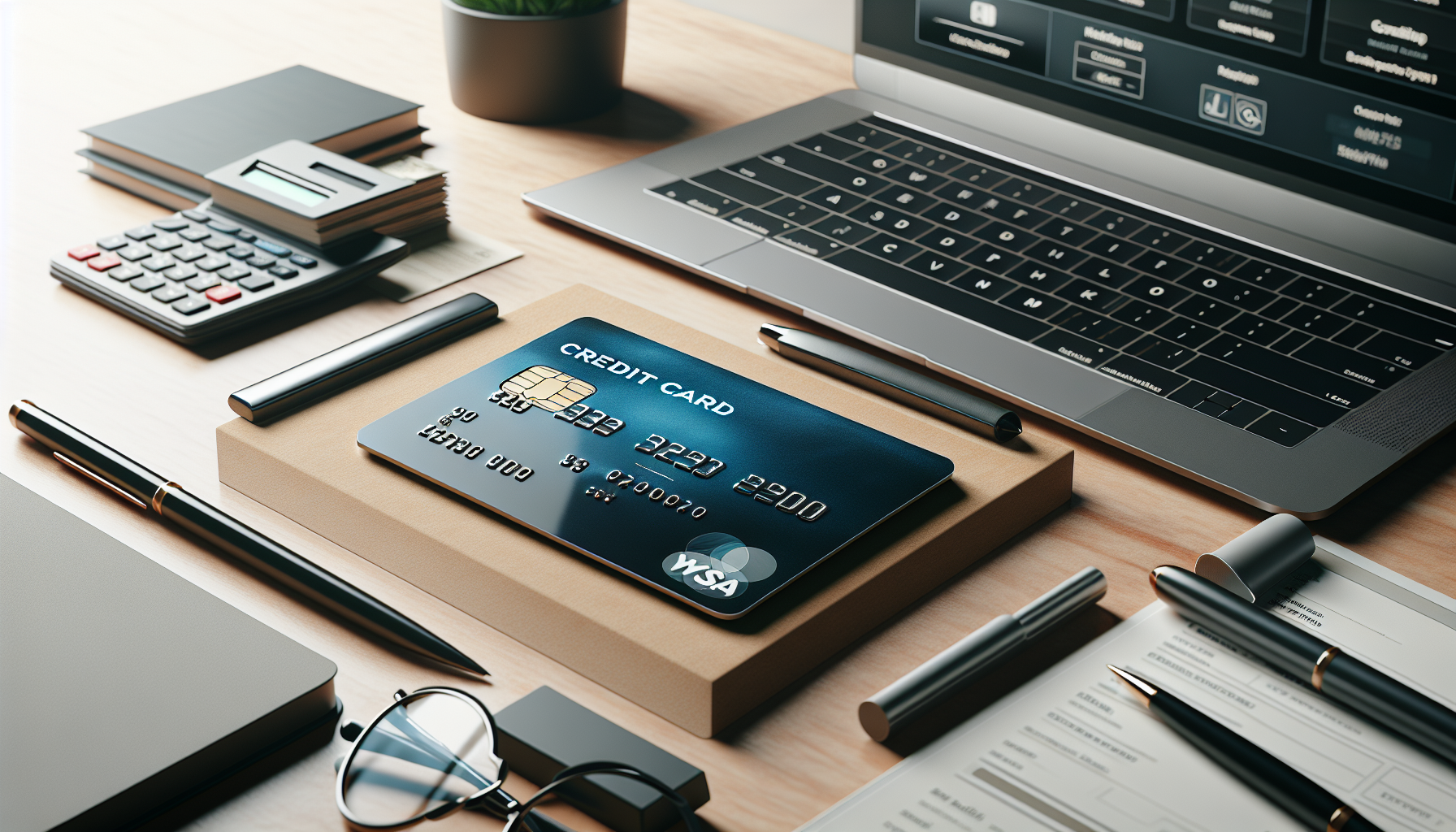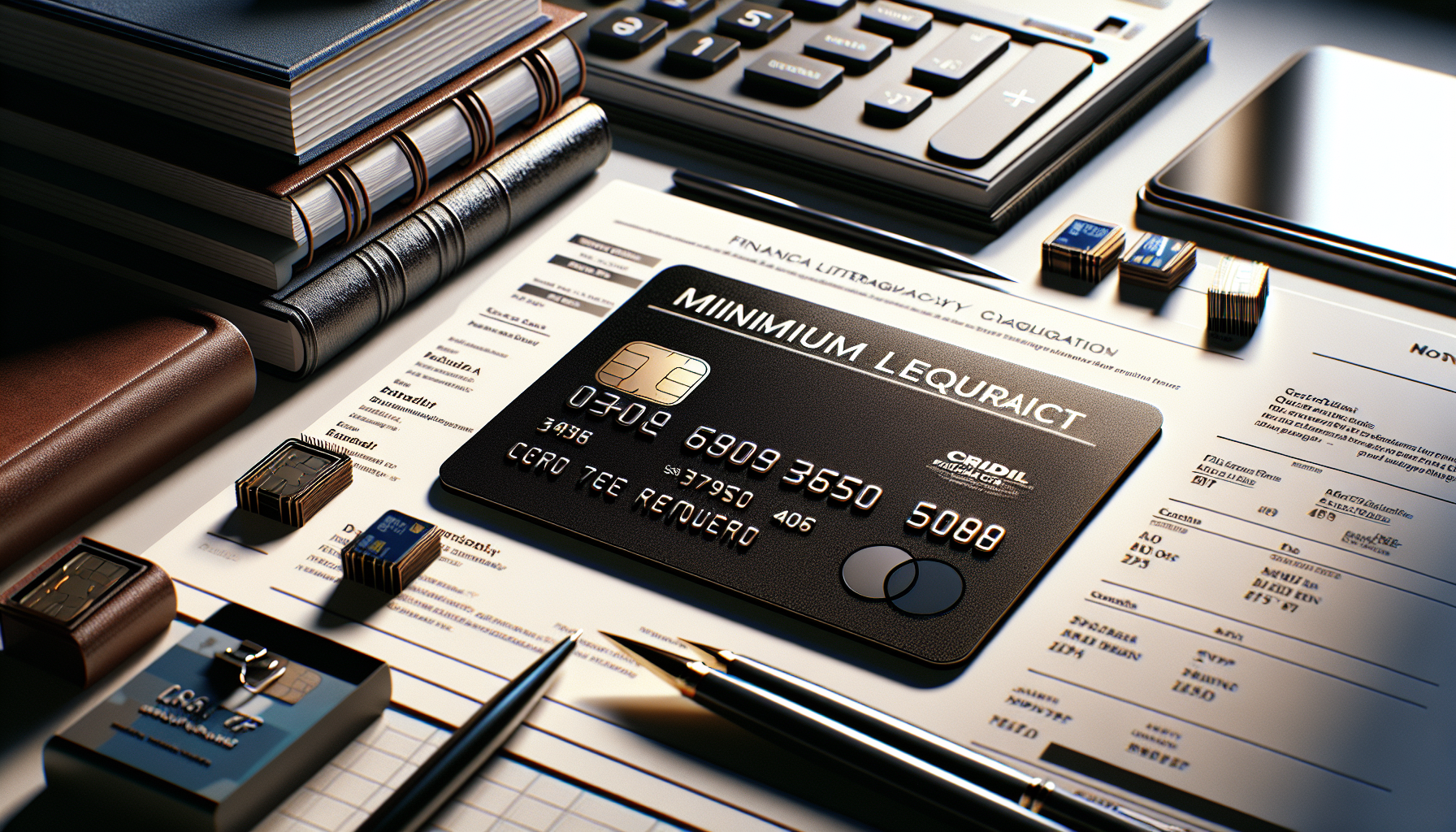Understanding Credit Basics Before Applying
Before you apply for your first credit card, it’s essential to have a solid understanding of credit basics. This includes knowing what a credit score is, how credit cards impact your credit, and familiarizing yourself with key credit card terms.
What is a Credit Score and Why is it Important?
Your credit score is a three-digit number that reflects your creditworthiness. It’s based on the information in your credit report, which includes your credit history. Lenders use your credit score to determine whether to approve you for credit and at what terms, such as the interest rate.
The most widely used credit score model is the FICO score, which ranges from 300 to 850. A higher score indicates better credit and can lead to more favorable credit card offers. The three major credit bureaus – Equifax, Experian, and TransUnion – collect information used to calculate your credit scores.
How Credit Cards Impact Your Credit
When you open and use a credit card, it becomes part of your credit history. Your payment history, which includes whether you make payments on time, is the most significant factor in your credit score. Late or missed payments can severely damage your credit.
Credit utilization, or how much of your available credit you use, is another important factor. Experts recommend keeping your utilization below 30%. The average age of your credit accounts also impacts your score, with a longer history generally being better.
Opening a new credit card can lower your average account age and result in a temporary dip in your score due to the hard inquiry on your credit report.
Key Credit Card Terms to Know
Before applying for a credit card, familiarize yourself with these key terms:
- Annual Percentage Rate (APR): The yearly interest rate charged on credit card balances.
- Annual fee: A yearly fee some credit cards charge for use of the card.
- Credit limit: The maximum amount you can charge on the card.
- Minimum payment: The smallest payment you can make each billing cycle to keep the account in good standing.
- Billing cycle: The period between credit card statements, typically about a month.
Understanding these basics will help you choose and use your first credit card responsibly.
Choosing the Right First Credit Card
With so many credit cards on the market, it can be overwhelming to choose your first one. As a beginner, focus on cards designed to help you build credit, such as secured credit cards, student credit cards, and other starter cards.
Best Credit Cards for Building Credit
Secured credit cards are a great option if you have limited or no credit. They require a cash deposit, which usually becomes your credit limit. The deposit reduces risk for the lender, making approval easier. Use the card responsibly, and you can build credit and potentially upgrade to an unsecured card. Two good options are the Capital One Platinum Secured Credit Card and the Discover it Secured Credit Card.
If you’re a student, a student credit card may be the way to go. These cards often have more relaxed credit requirements and may offer rewards geared toward students. The Discover it Student Cash Back, for example, offers 5% cash back in rotating categories each quarter.
Evaluating Credit Card Features and Benefits
When comparing credit card offers, look at features like:
- Rewards programs: Some cards offer cash back, points, or miles on purchases.
- Welcome bonuses: One-time bonuses for meeting a minimum spending requirement in the first few months.
- Introductory APR offers: A low or 0% APR on purchases and/or balance transfers for a set time.
- Extra perks: Benefits like rental car insurance, fraud protection, or free credit scores.
Consider which features matter most to you and your spending habits. Be sure to also look at fees, especially annual fees and foreign transaction fees if you plan to travel abroad.
Finding Pre-Qualified Credit Card Offers
Many credit card issuers allow you to check for pre-qualified offers without impacting your credit score. This results in a soft inquiry on your credit report, which doesn’t hurt your credit like a hard inquiry from a formal application.
| Issuer | Pre-Qualification Tool |
|---|---|
| American Express | Check for Pre-qualified Credit Card Offers |
| Capital One | Pre-Approval |
| Chase | Credit Journey & CardMatch |
| Citibank | See If You’re Pre-Selected |
| Discover | See Your Pre-Approved Credit Card Offers |
You can also use third-party services like CardMatch to see tailored offers from multiple issuers. While pre-qualification doesn’t guarantee approval, it can help narrow down your choices to cards you’re more likely to qualify for.
How to Apply for Your First Credit Card
Once you’ve chosen a card, it’s time to apply. The credit card application will trigger a hard inquiry on your credit report, which can temporarily lower your score by a few points. To increase your approval odds, only apply for one card at a time and wait a few months between applications if denied.
Gathering Necessary Information and Documents
To apply for a credit card, you’ll typically need to provide:
- Personal information like your name, date of birth, Social Security number, and mother’s maiden name
- Contact information, including your address, phone number, and email
- Financial information like your employment status, income, monthly mortgage/rent payments, and bank accounts
- If you’re a student, you may need to provide enrollment information
Having this information ready will streamline the application process.
Where and How to Submit Your Application
Most credit card applications can be submitted online, which is usually the quickest and easiest method. You can apply directly on the issuer’s website. Some issuers also allow applications by phone or in-person at a bank branch.
Online applications typically take about 15 minutes. Many issuers provide an instant decision, while others may take 7-10 days to process the application. If approved, you’ll receive your card in the mail within 7-10 business days.
What to Do if Your Application is Denied
If your application is denied, don’t worry – you have options. The issuer will send a letter explaining the reasons for the denial, which may include:
- Limited or no credit history
- Low income
- High debt levels
- Too many recent applications
- Negative items on your credit report
If you have no credit, consider applying for a secured card or asking someone to add you as an authorized user on their account. A credit builder loan, which deposits a small loan into a savings account that you pay off monthly, can also help establish credit history.
Using Your First Credit Card Responsibly
Once you have your first credit card, using it responsibly is key to building good credit. This means:
- Paying your bill on time every month, ideally in full to avoid interest
- Keeping your credit utilization low
- Tracking your spending to stay within budget
- Avoiding cards with annual fees unless the rewards/perks offset the cost
Making Payments and Avoiding Debt
To build credit and avoid costly debt, always pay at least the minimum payment by the due date. However, paying your balance in full is ideal to avoid interest charges, which can add up quickly at high credit card APRs.
Set up automatic payments or reminders so you never miss a due date. With Discover, for example, you can set up payments online, by phone, by mail, or at some ATMs.
Maximizing Rewards and Benefits
If your card offers rewards, learn how to maximize them based on your spending. With cash back cards, for instance, you may earn a flat rate on all purchases or higher rates in specific bonus categories.
Table: Example Cash Back Rewards Structures
| Card | Rewards |
|---|---|
| Citi Double Cash Card | 2% cash back on all purchases (1% when you buy, 1% when you pay) |
| Discover it Cash Back | 5% cash back in rotating categories (up to quarterly max, activation required), 1% on all other purchases |
| Capital One SavorOne Cash Rewards Credit Card | 3% cash back on dining, entertainment, streaming, and grocery stores; 1% on all other purchases |
Some cards also offer benefits like extended warranties, travel insurance, or free credit scores. Read your card’s terms to learn what extra perks you have access to.
Monitoring Your Credit
Your credit card usage will now be reflected on your credit reports from the three main bureaus. Monitor these reports for errors or signs of fraud/identity theft. You’re entitled to one free report from each bureau annually at AnnualCreditReport.com.
Many issuers provide free credit scores, which can help you track your progress. You can also use free credit monitoring services like Credit Karma or paid ones like IdentityForce.
By starting with the right card and practicing responsible habits, you can build an excellent credit profile over time, setting yourself up for a bright financial future.
See also:




